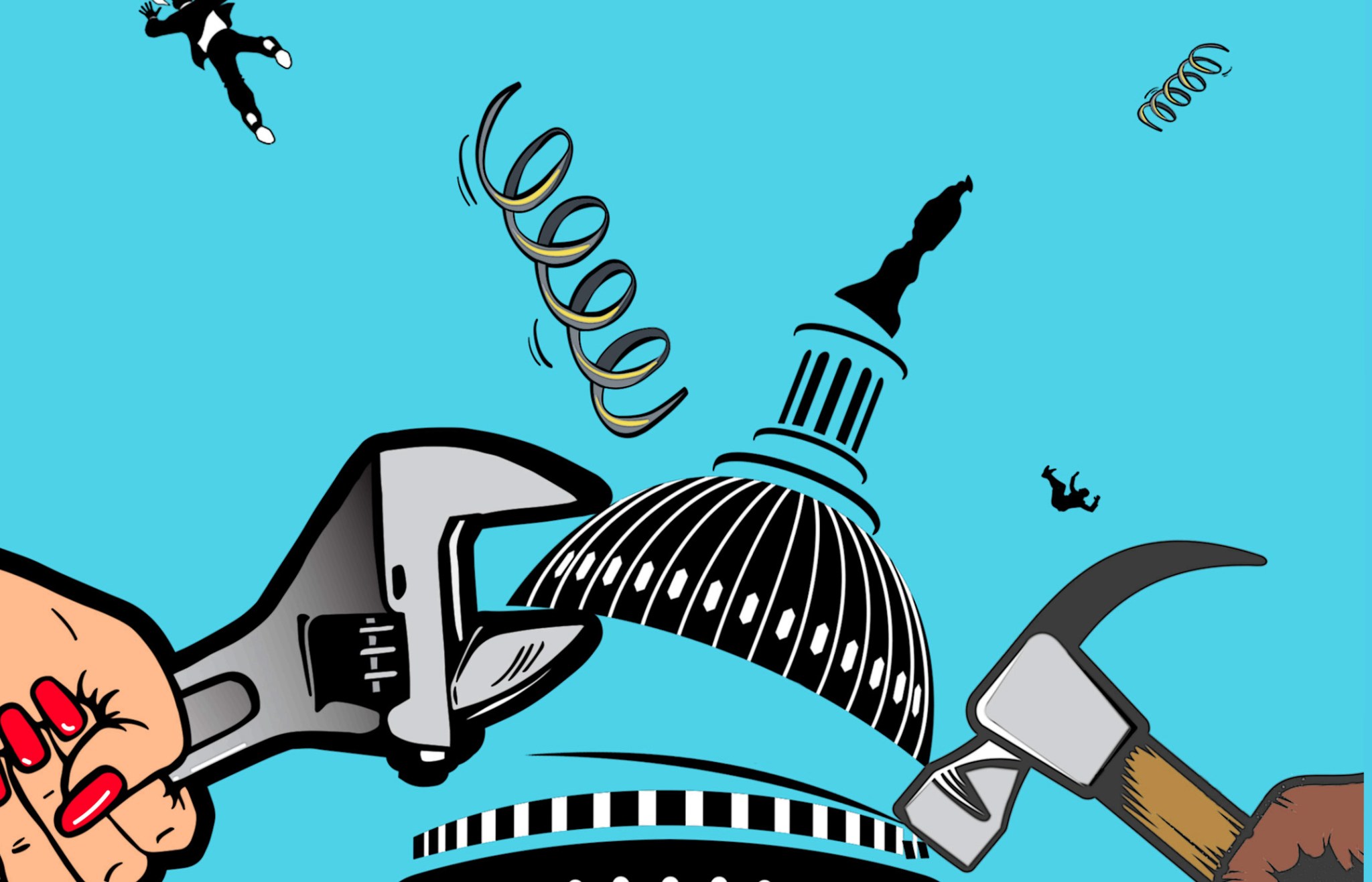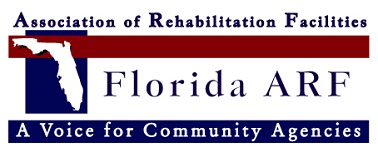 While we try not to ever get too political when talking with folks, when you’re dealing with services mostly financed by the State, it’s hard not to cross that line at times. As we work to maintain programs during this challenging time, it’s difficult not to address the fact that the system is broken and encourage you to take a closer look.
While we try not to ever get too political when talking with folks, when you’re dealing with services mostly financed by the State, it’s hard not to cross that line at times. As we work to maintain programs during this challenging time, it’s difficult not to address the fact that the system is broken and encourage you to take a closer look.
As of the writing of this post, Florida remains one the worst states in the country when it comes to what it provides for its population with special needs. The services it does provide are concentrated on larger group settings and very little attention toward individual focused services to help ensure individual choice andor community inclusion. You can forget any assistance when it comes to the needed specialized childcare so families are able to work. So, let’s take a closer look at some of the things we feel contribute to this problem.
First and foremost are the rates paid to providers for services. When providers are paid $15.00 an hour or less for the services they provide, how can they possibly pay that or more to staff and cover the costs of doing business?! Let’s be honest, they deserve more than $15.00 an hour for what they do. To be fair, the Legislature will be meeting next month and will be looking, once again, at the possibility of giving a rate increase. While I have no doubt something will be done this year due to the increased minimum wage and such, based on our experience over the past 18 years providing services in Florida, I have no expectations the increase will be enough to meet the current requirements needed to hire and maintain staff. I would love nothing more than to be forced to return to this blog in January and apologize for making that statement. However, low reimbursements are not the only issues we have.
Another problem with the system is once you begin to receive assistance, you’re not allowed to enhance or improve your services by paying additional costs. To be fair, this is a Federal issue, not a State one, but the concept is ridiculous. Those of us with health insurance pay an additional cost to receive the services we want and need. Insurance helps to cover them, but you make up the difference, and who you decide to use and what you pay is primarily up to you. Why is this illegal when it comes to services covered by Medicaid? Imagine what providers could accomplish if they could be honest about what it costs to provide a standard of service families deserve. It costs this amount to provide, the State will cover this much, so you will need to cover the balance. Not only would this concept open up a whole new world to families by giving them the freedom to choose what they wish to pay for, it would help promote buy-in for those services, providing families the ability and inspiration to insist those services meet those standards. Instead, families are forced to accept what they are provided while providers do the best they can with the little compensation they receive. This is a system forcing many agencies to close their doors, leaving families with even fewer providers to choose from.
The State also makes it much more financially successful to focus on larger group services than more concentrated individual services. Here’s an example with rounded current rates: If you operate an ADT, the State rate for a 10 to 1 ratio is $5.00hour or $50hour for each staff person you need to pay. The rate for a 1 to 1 ratio is $15.00hour or $15.00hour for every staff person you must pay. This forces most agencies to basically warehouse larger numbers of people, doing the best they can to keep them safe and busy instead of working to provide a more focused and individualized program. Now, I’m not saying the State should only pay for one-on-one services, but maybe we can find a middle ground where people can actually make progress in their lives and need less Sate provided services in the future. Let’s not forget those with behavior issues requiring one-on-one staffing end up with providers dealing with the most challenging issues while earning the least. This same ideology carries over to residential services as well. There must be a better way.
We also face a dilemma with public perception about the services we provide. For some reason, society has determined that caring for the well-being of others is menial labor – something I have never been able to understand. And if someone happens to work for a nonprofit, you can lower that perception even more. When did we decide as a society that those working for a company who puts 100% of it’s earnings back into the business, the definition of a nonprofit, are supposed to earn less than those employed by for-profit companies?
I also feel a better way is needed to ensure the Agency for Persons with Disabilities, the agency tasked with ensuring the services to those with special needs are the best they can be, is able to do just that. Currently, the director of APD is a Governor-assigned position. So, this person doesn’t answer to the people they serve, they answer to the Governor and the Legislature. If they want to keep their job, they better make sure they keep those people who put them in office happy.
Agencies belong to associations and pay dues that are in turn used to finance lobbyists to tell Legislators what they surely already know; agencies need rates fair enough to pay staff decent wages while meeting overhead expenses. I believe the Governor and Legislators should be hearing that directly from APD. This is an issue when the person running APD is better off telling them what they want to hear, not what they need to hear. Legislators are very intelligent men and women, and many are business leaders. Surely, they are fully aware what businesses must have if they are to continue to operate.
Don’t get me wrong, I am in no way saying our politicians don’t care. They are all human beings who wish nothing but the best for those we serve and want them to be the best they can be. But as an institution, they are forced to look at numbers more than people, and when you have so many wanting their piece of the pie, what a difficult position that must be. So, until we can all work together and figure out a better way, I can only encourage you to make your voices heard. Contact your Legislators and tell them your stories. Help them to remember the people their decisions personally effect. It’s far better they hear it directly from you than from those that answer directly to them or lobbyists.







